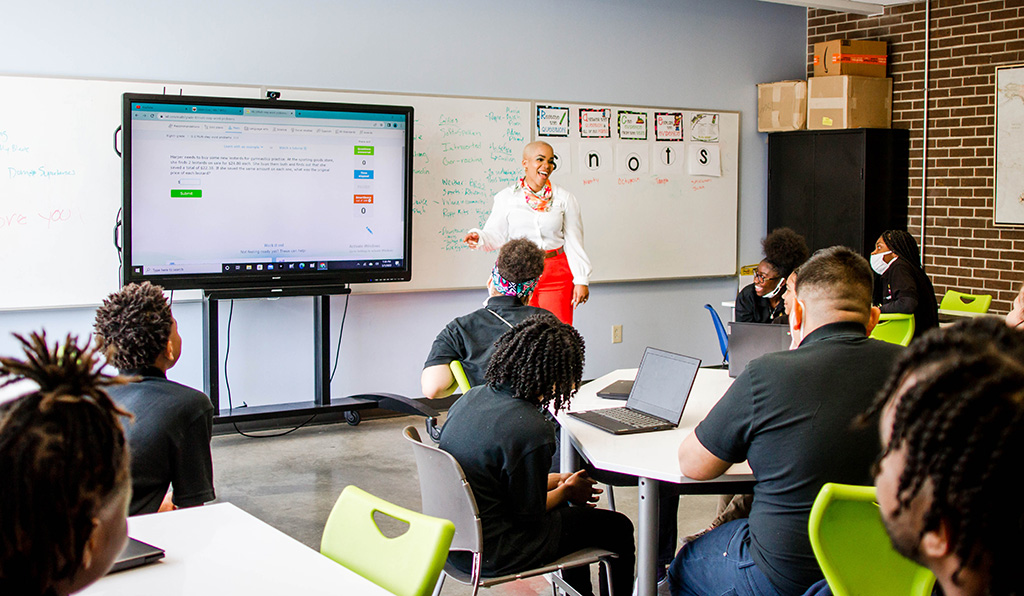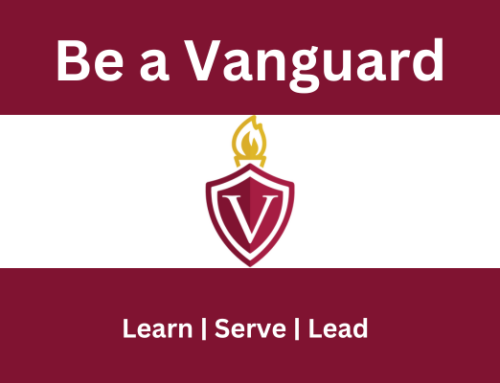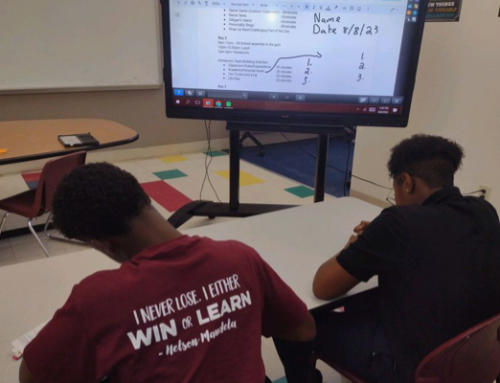Charter school enrollment is growing. Since the first charter school opened in St. Paul, Minnesota, charter schools across the country have served over 12 million students. Charter schools’ uniqueness makes them a popular choice with many families.
You want what is best for your child and are looking for a different approach to education. A charter school might be the right answer for you and your family. This article will help answer some questions about enrolling at a tuition-free public charter school in Indianapolis.

How are charter schools different from public schools in Indianapolis, IN?
A charter school is similar to a traditional public school in that it offers education to kids in pre-kindergarten to grade 12. Community members such as guardians, parents, and teachers can petition for a new charter school to be opened.
Often, the governing board of the local school district evaluates and approves petitions for the opening of a new charter school. According to the Education Code (EC) of Indiana, the county boards of education and the State Board of Education can be the authorizing organizations for charter school petitions.
You can apply and enroll your children in a tuition-free, public charter school, even outside your school district. Indianapolis charter schools do not have to comply with boundary school rules. Thus, parents can choose the charter school of their choice and not worry about breaking district rules. Indiana charter schools can admit any child residing in the state.
Unlike public district schools, there is the possibility of seeing your child’s name on the school’s waitlist, especially if you applied to a sought-after charter school. Many charter schools receive more applications than their capacities allow. Schools with more applicants than they can take usually employ a random selection process. The lottery system is a commonly used selection technique by many charter schools.
Are charter schools public schools in Indianapolis, IN?
Another similarity between charter schools and traditional public schools is the funding source. The state funds both schools. These two school types differ in their administration and management. Charter schools enjoy more flexibility in how they run their schools, such as areas of interest, hiring, and curriculum management.
Elected school boards, school districts, and their board-appointed superintendents oversee traditional public schools, whereas an entity manages charter schools under the supervision of their self-appointed board. This means charter schools have more independence than typical public schools, which allows them to make their own rules and to customize the education experience based on interests and educational philosophies.
Are charter schools free in Indianapolis, IN?
Yes. Indiana’s charter schools are tuition-free, public, and open to all students. The enrollment process of charter schools is highly similar to other school types. They require an application where parents must provide information about the child, such as name, address, birth date, ethnic background, and the last school attended.
The parent or guardian is responsible for checking the charter schools’ application and enrollment deadlines, along with the school’s specific enrollment rules, policies, and requirements. Charter schools may have different rules and processes, but all their admission rules must comply with state laws. According to Indiana laws, charter schools cannot implement policies that unlawfully discriminate against their applicants.
How are charter schools funded in Indianapolis, IN?
Both public and charter schools receive funding based on the number of students that are enrolled each year. While district schools receive funding from federal, state, and local governments, charter school funding comes mainly from the state and a small amount from the local government.
Are charter schools better in Indianapolis, IN?
It depends on the school. When it comes to standardized testing, charter schools and traditional public schools perform similarly. Charter schools show meaningful improvement for low-income students, in fact, better than conventional public schools.
Charter schools really shine when you look at what makes them distinct. Each charter school started in order to offer something different than local district schools. It may be in the classes offered, class size, educational philosophy, or a focus on fine arts or engineering. Each charter school is unique, and you can find out what makes the charter schools local to you so special.
What is a good public charter school in Indianapolis, IN?
We recommend Vanguard Collegiate of Indianapolis (Vanguard) for students in grades 6-8. Our small school makes a massive impact. Our environment facilitates students and teachers knowing each other well, and our curriculum provides for rigorous academics, STEAM education, character development and leadership opportunities.
Vanguard is the ideal choice for parents who want to provide their middle schoolers with an education that prepares them to succeed in high school and college, and is tailored to their individual needs. When you choose Vanguard, you’re choosing small, and you’re choosing powerful. Want to learn more? Watch our Get to Know Vanguard video today!
About Vanguard Collegiate of Indianapolis
Vanguard Collegiate of Indianapolis (Vanguard) is a close-knit middle school with a big impact. Serving grades 6-8, we are a public charter offering innovative learning and wraparound social services. Our goal is to prepare our scholars for success in high school and beyond. At Vanguard, we believe in “opening doors” for our scholars through engaging academics, a safe environment, leadership development, and a strong sense of community. Enroll your scholar today!




